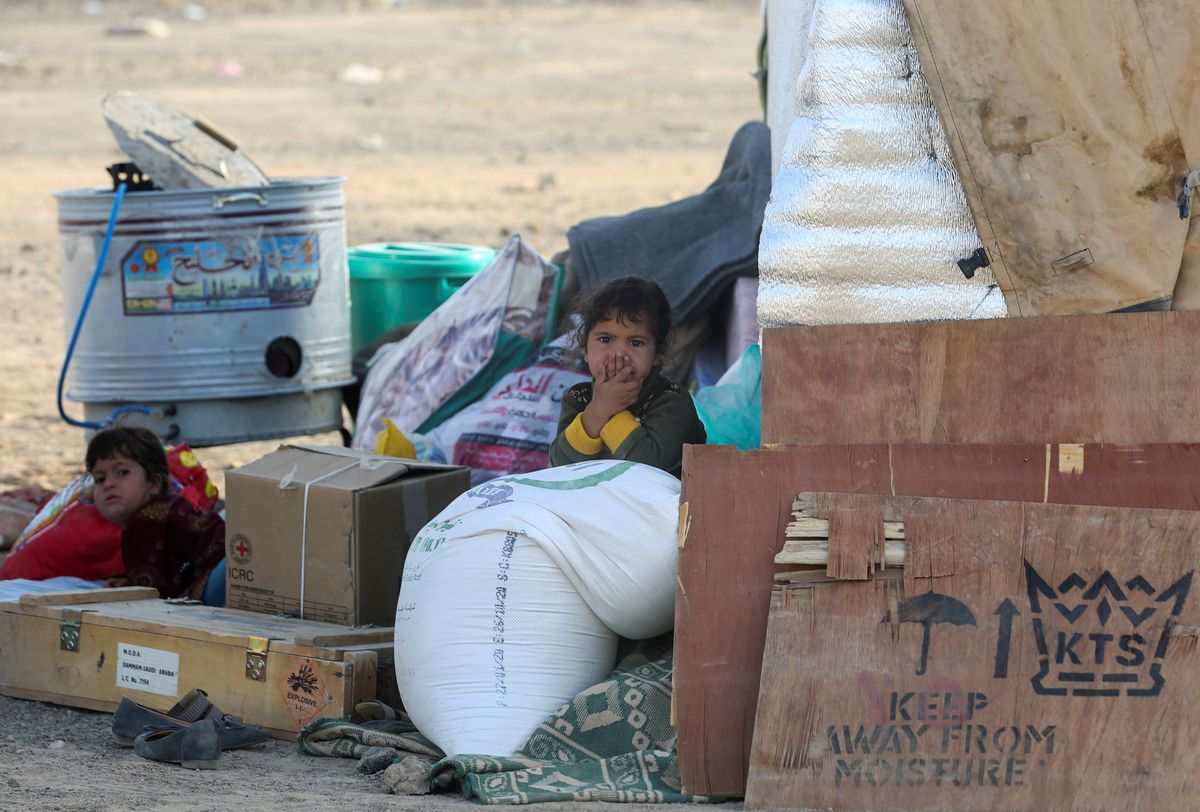11 million: Nearly 80 million people were forcibly displaced from their homes due to conflict, violence, persecution and human rights violations in 2019, the UN announced on Thursday. More than 11 million of those people were added to the list last year, almost double the amount of people displaced in the entire preceding decade. UNHCR attributed the surge to new displacements in hotspots like the DRC, Syria, and Yemen...and because they are counting Venezuela for the first time.
61: A recent poll found that 61 percent of Dutch voters dislike the EU's coronavirus economic rescue package, which would give member states 500 billion euros in non-repayable grants. The Netherlands leads a "Frugal Four" bloc alongside Austria, Denmark and Sweden that opposes the plan, while it is supported by France and Germany, as well as highly-indebted southern states hit hard by COVID-19 such Italy and Spain.The plan requires the support of all 27 EU countries to pass.
1,000: In Peru, home to Latin America's second biggest coronavirus outbreak, oxygen bottles are now so scarce that they are selling for a 1,000 percent markup on their usual price. To make matters worse, counterfeiters are flooding the black market with dangerous low-quality knockoffs. As public health workers protest to demand more personal protective equipment, the government is scrambling to prevent a total collapse of the economy.
90: An overwhelming majority of Indians and Nigerians are fed up with pollution and unlivable cities. Up to 90 percent of respondents in a new survey from both countries said they want to raise air quality in urban areas. Coronavirus-related lockdowns around the world have dramatically reduced air pollution, but experts fear emission levels will return back to normal after the pandemic, especially in countries with poor environmental oversight.


















